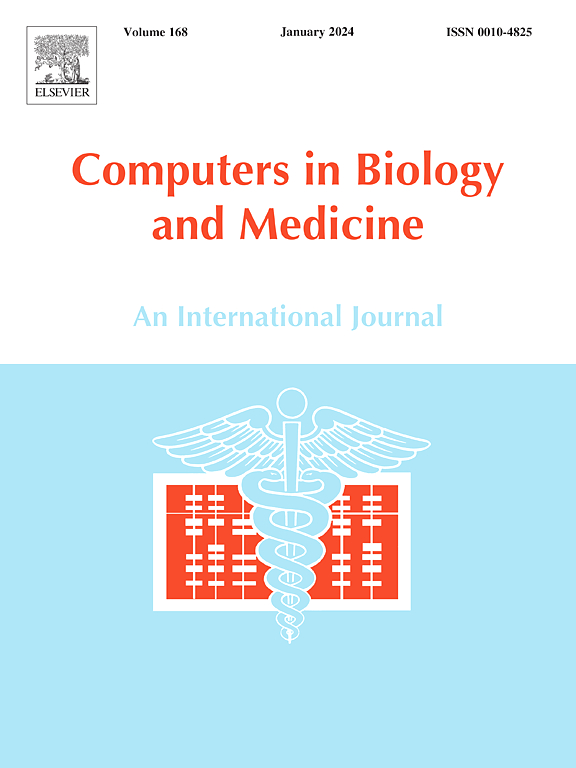CancerNet: A comprehensive deep learning framework for precise and intelligible cancer identification
IF 7
2区 医学
Q1 BIOLOGY
引用次数: 0
Abstract
The medical community continually seeks innovative solutions to address healthcare challenges, particularly in cancer detection. A promising approach involves the use of Artificial Intelligence (AI) techniques, specifically Deep Learning (DL) models. This research introduces CancerNet, incorporating convolutional, involutional, and transformer components to extract hierarchical features and capture long-range dependencies from medical imaging data across the channel and spatial domains. CancerNet was trained and evaluated on an extensive dataset of histopathological images (HI) of tumor tissues and validated on the DeepHisto dataset, which comprises whole slide images (WSI) of various subtypes of glioma. CancerNet surpasses other comparative models and, achieves a higher accuracy on both datasets. CancerNet exhibits robustness across various imaging conditions, thereby ensuring reliable performance in various clinical scenarios. By integrating Explainable AI (XAI) techniques, CancerNet enhances transparency in its decision-making process, improves understanding and fosters trust in clinical adoption. CancerNet achieved an accuracy of 98.77% on the Histopathological Image dataset and 97.83% on the DeepHisto validation dataset, proving to be more effective than previous. Furthermore, transparency in AI models is crucial as it enhances healthcare professionals ability to understand and trust the model’s decision-making process, facilitating their adoption in clinical settings.
CancerNet:一个全面的深度学习框架,用于精确和可理解的癌症识别
医学界不断寻求创新的解决方案来应对医疗保健方面的挑战,特别是在癌症检测方面。一种有前途的方法涉及使用人工智能(AI)技术,特别是深度学习(DL)模型。本研究引入了CancerNet,结合了卷积、对合和变压器组件来提取层次特征,并从跨通道和空间域的医学成像数据中捕获远程依赖关系。CancerNet在一个广泛的肿瘤组织病理图像(HI)数据集上进行训练和评估,并在DeepHisto数据集上进行验证,DeepHisto数据集包括各种胶质瘤亚型的全幻灯片图像(WSI)。CancerNet超越了其他比较模型,在两个数据集上都达到了更高的精度。CancerNet在各种成像条件下表现出鲁棒性,从而确保在各种临床场景下的可靠性能。通过整合可解释人工智能(XAI)技术,CancerNet提高了决策过程的透明度,增进了理解,并在临床应用中建立了信任。CancerNet在组织病理学图像数据集上的准确率为98.77%,在DeepHisto验证数据集上的准确率为97.83%,证明比以前更有效。此外,人工智能模型的透明度至关重要,因为它提高了医疗保健专业人员理解和信任模型决策过程的能力,促进了它们在临床环境中的采用。
本文章由计算机程序翻译,如有差异,请以英文原文为准。
求助全文
约1分钟内获得全文
求助全文
来源期刊

Computers in biology and medicine
工程技术-工程:生物医学
CiteScore
11.70
自引率
10.40%
发文量
1086
审稿时长
74 days
期刊介绍:
Computers in Biology and Medicine is an international forum for sharing groundbreaking advancements in the use of computers in bioscience and medicine. This journal serves as a medium for communicating essential research, instruction, ideas, and information regarding the rapidly evolving field of computer applications in these domains. By encouraging the exchange of knowledge, we aim to facilitate progress and innovation in the utilization of computers in biology and medicine.
 求助内容:
求助内容: 应助结果提醒方式:
应助结果提醒方式:


